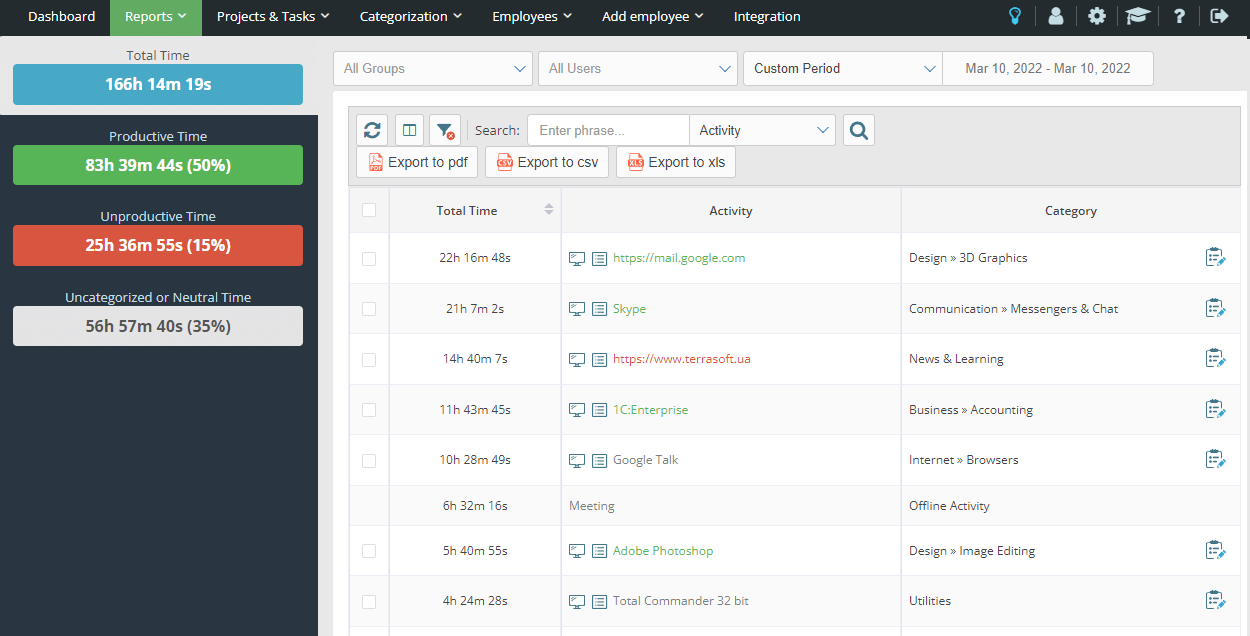The rapid pace of technological innovation demands efficiency, accuracy, and the seamless coordination of vast teams. For Big Tech time tracker tools, this challenge becomes a cornerstone of operational scaling. As tech giants continue expanding their global footprints, the importance of optimizing workflows and resource allocation cannot be overstated. This article delves into why time tracking tools are indispensable for big tech companies, illustrating their role in workflow optimization, cost reduction, and scalable growth.
How Staff Tracking Tools Streamline Workflows in Big Tech
Efficient workflows are the backbone of any tech enterprise. In a domain where seconds translate into significant cost implications, staff tracking tools provide actionable insights into productivity metrics, project timelines, and team efficiency. By leveraging these tools, tech companies can identify bottlenecks, allocate resources effectively, and maintain project momentum.

These tools enable managers to break down complex processes into manageable segments, ensuring each team member’s output aligns with broader organizational objectives. Additionally, real-time reporting features empower leaders to monitor progress and make data-driven adjustments, fostering a culture of continuous improvement.
The Role of Team Time Tracking in Reducing Costs
Labor costs are among the most significant expenditures for tech firms. Through team time tracking, companies gain a transparent view of how hours are spent across various projects. This clarity allows for the identification of inefficiencies, ensuring that resources are directed towards high-value activities.
Furthermore, accurate tracking minimizes the risk of overstaffing or underutilization, which can lead to budget overruns or missed deadlines. By aligning time usage with financial objectives, tech companies achieve greater operational efficiency while reducing unnecessary expenditures.
Key Benefits of Time Management Solutions in Big Tech
Although the applications of time management solutions are vast, their benefits can be summarized into three critical areas:
- Enhanced Collaboration: Teams working across multiple time zones rely on synchronized schedules to ensure consistent output.
- Improved Accountability: Time tracking fosters transparency, motivating employees to manage their hours responsibly.
- Data-Driven Decisions: Insights derived from tracking reports enable managers to plan future projects with precision, avoiding past inefficiencies.
- Resource Optimization: By identifying underutilized resources, companies can reallocate efforts where they’re needed most, enhancing overall productivity and cost-efficiency.
These tools form a foundation for long-term success, empowering teams to achieve their full potential while aligning with organizational goals.
Scaling Operations with Big Tech Time Tracker Tools
For organizations aiming to scale, seamless coordination between teams, tools, and processes is vital. Big Tech time tracker systems serve as the linchpin for scalability by providing a unified platform to monitor, analyze, and optimize operations. These tools adapt to the growing needs of tech firms, offering scalability in both functionality and scope.
As an organization’s workforce grows, managing time efficiently becomes increasingly complex. Time trackers eliminate manual errors, streamline task assignments, and support integrations with other enterprise tools, creating an ecosystem of interconnected efficiency. By harnessing the power of these tools, tech companies ensure that scaling does not come at the expense of quality or efficiency.
Transitioning to a Time Tracking-Driven Culture
Implementing time tracking tools is not merely a technological shift but a cultural transformation. The successful adoption of these tools requires clear communication of their benefits, training sessions to familiarize teams with the systems, and policies to safeguard employee privacy. When done effectively, this transition leads to a more disciplined, data-informed workforce capable of handling the pressures of scaling.
Practical Steps for Implementing Time Tracking Tools
To successfully integrate time tracking systems, organizations should:
- Assess Needs: Understand the specific tracking requirements of teams and projects.
- Choose Scalable Solutions: Select tools that can grow alongside the company.
- Train Employees: Offer comprehensive training to ease adoption and maximize effectiveness.
By addressing these areas effectively, organizations can build a foundation for improved operational efficiency and long-term growth.
Harnessing Time Tracking for Scalable Success
In the competitive world of technology, every moment counts. By utilizing Big Tech time tracker systems, companies unlock new levels of efficiency, reduce costs, and prepare for scalable growth. These tools not only optimize current operations but also pave the way for sustainable expansion. To experience the transformative power of time tracking, register for a free 14-day trial of Yaware.TimeTracker today and see the difference it can make for your team.

